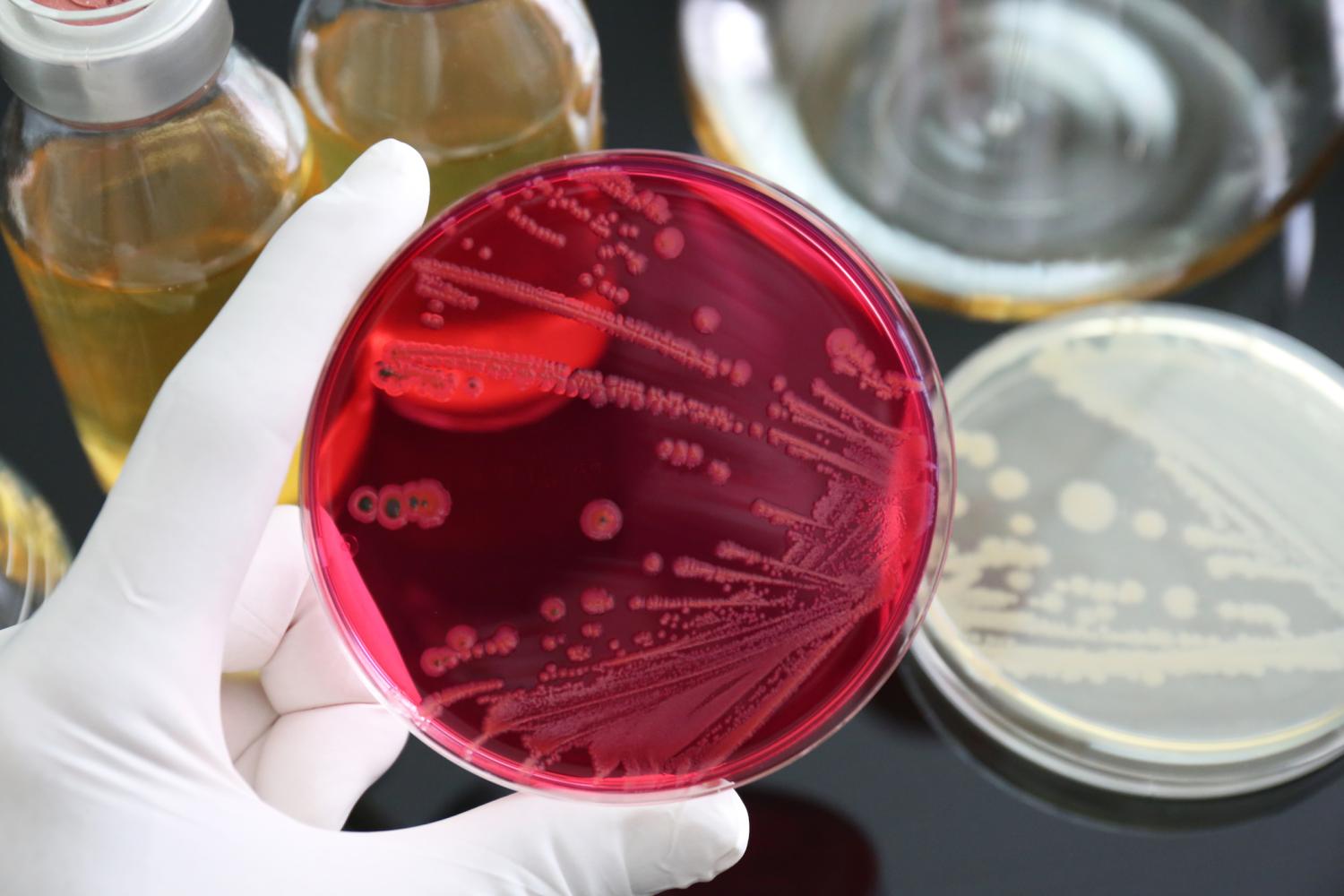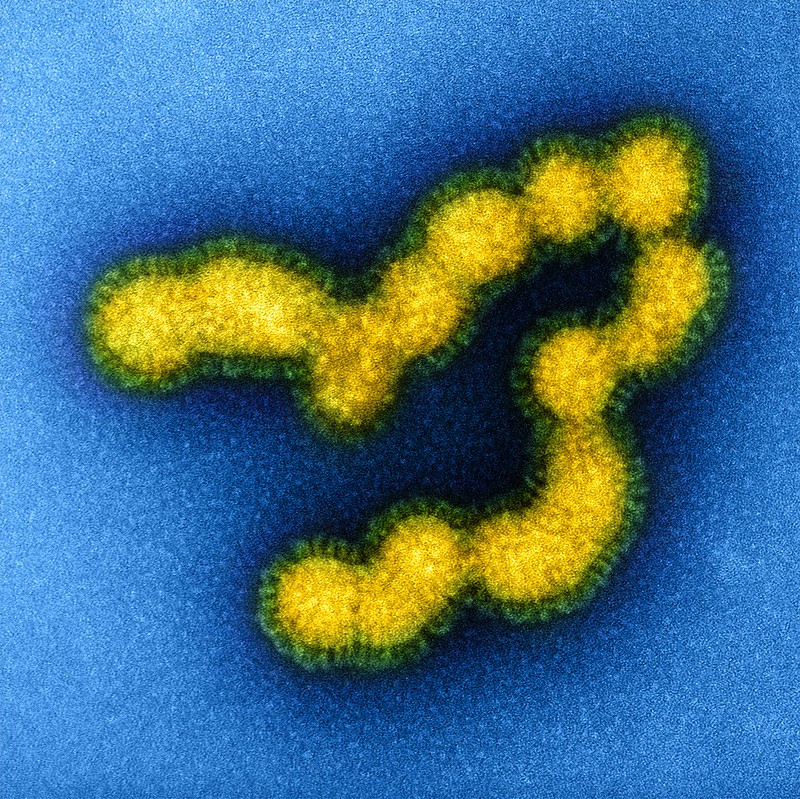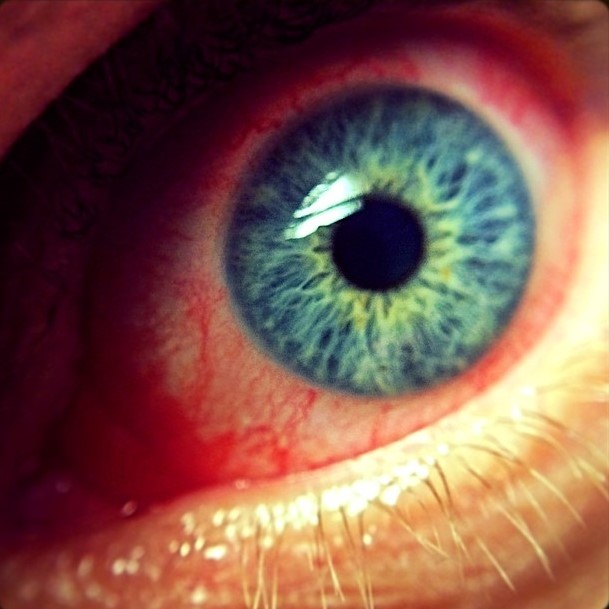CARB-X (Combating Antibiotic-Resistant Bacteria Biopharmaceutical Accelerator) announced yesterday that it is awarding $3 million to diagnostics company AstraDx to develop a rapid diagnostic test for neonatal sepsis.
The company will use the money to demonstrate the feasibility of a test that uses advanced digital imaging and signal processing to detect and identify pathogens and analyze antimicrobial susceptibility from whole blood drawn from newborns, with results available within hours rather than days. Because neonatal sepsis progresses rapidly and can quickly become life-threatening, immediate treatment with the right antibiotic is necessary.
CARB-X officials say such a test could "represent a major leap forward in neonatal sepsis diagnostics."
"This solution could transform clinical decision-making, enabling timely, targeted treatment in critically vulnerable patients and helping combat antimicrobial resistance on a global scale," Erin Duffy, PhD, chief of research and development at CARB-X, said in a press release.
A leading cause of neonatal, infant mortality
Sepsis is a leading cause of neonatal and infant mortality. The BARNARDS study, published in 2021, estimated that 2.5 million newborns or infants within the first few months of life die annually from sepsis, with the greatest burden seen in low- and middle-income countries. Antimicrobial resistance is making the problem worse, resulting in empiric antibiotic treatment with ineffective antibiotics.
"This partnership is a proud moment for AstraDx, enabling us to get closer to our specific goal of saving newborns," said AstraDx CEO Fran White. "Our system for diagnosing bloodstream infections for even the worst pathogens is designed to be easy to use and affordable for populations worldwide, including underserved populations."
Since its founding in 2016, CARB-X has funded 112 early-stage projects designed to prevent, diagnose, and treat antibiotic-resistant infections. Diagnostics for neonatal sepsis is among four distinct product themes for the most recent round of CARB-X funding.

.jpg)
















